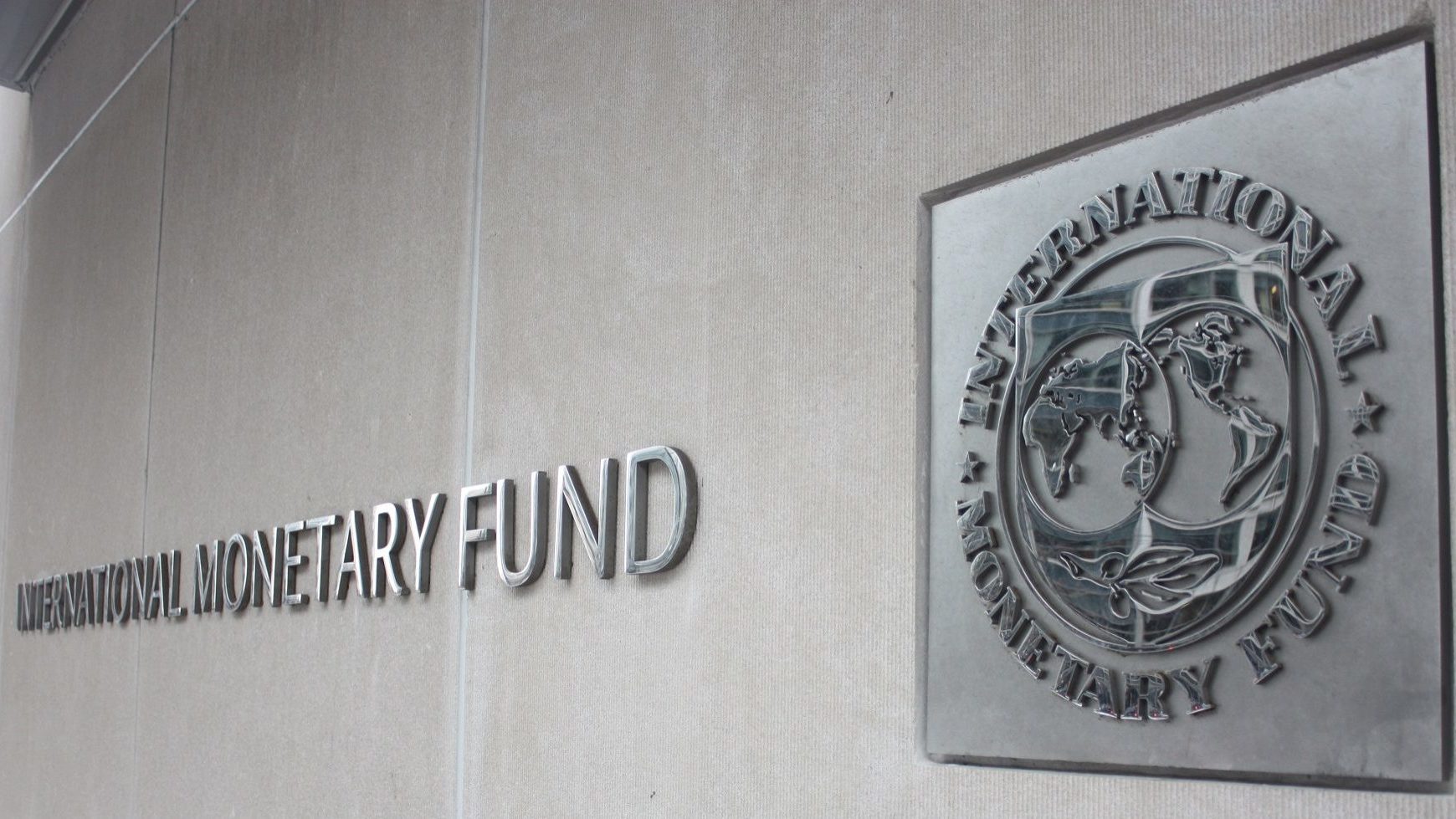Troika ‘clearly lacked political legitimacy’ – former IMF mission head
The former head of mission of the IMF in Portugal stated that the 'troika' of institutions that oversaw euro-zone bailouts a decade ago "clearly" lacked "political legitimacy".
The former head of mission of the International Monetary Fund in Portugal, Poul Thomsen, said on Friday that the ‘troika’ of institutions that oversaw euro-zone bailouts a decade ago “clearly” lacked “political legitimacy” at the time of its actions, and that the situation in the European Union has changed little since then.
Troika is a term used to refer to the decision group formed by the European Commission, the European Central Bank and the International Monetary Fund to implement the bailouts of Cyprus, Greece, Ireland and Portugal made necessary in the wake of the global financial crisis of 2007–2008.
“The troika – and I was part of the troika – clearly had no political legitimacy, none,” Thomsen said at the Financial Outlook 2021 Forum, taking place at Culturgest in Lisbon. “There is nothing in the treaties that says you have to listen to the troika.”
The university professor and former member of the group that oversaw Portugal’s Economic and Financial Assistance Programme (EFAP), which ran from 2011 to 2014 and was implemented by the IMF, the European Central Bank (ECB) and the European Commission, said he believed that in terms of governance things have returned to how matters were before.
“At the European level, what we have really seen in governance is that the European Commission, the Eurogroup, have returned to the ‘status quo ante’ of essentially internalising domestic policies,” he said. “There has been no political integration since then that would allow interference, if you like, of the kind of the troika, in a politically legitimate way.
Earlier, in comments to Lusa, Thomsen had said that he saw Portugal’s adjustment programme as “successful” and stressed the importance of the existence of a political consensus between the main political parties of the time – in contrast to the situation in Greece.
“I think the critical point was that there was a political consensus at the time,” he said. “I was negotiating and directing the work in Greece for a year, where the programme collapsed – it’s a strong word, but it failed – because of a lack of political unity.”
Thomsen, who is a former director of the IMF’s European department, said that when the troika came to Portugal “it made clear that the programme needed to be supported not only by the Socialist government that was in power, but also by the [centre-right] Social Democratic opposition.”
After the country “emerged from the abyss, normal political debate has resumed, and I think this speaks very well of the Portuguese political body, in understanding that there is a national interest that overrides the partisan struggle,” he argued.

